FAQ
FREQUENTLY ASKED QUESTIONS
· What is Freemasonry?
Freemasonry means different things to each of those who join. For some, it’s about making new friends and acquaintances. For others it’s about being able to help deserving causes – making a contribution to family and for society. But for most, it is an enjoyable hobby.
Freemasonry is one of the world’s oldest and largest non-religious, non-political, fraternal and charitable organization. It teaches self-knowledge through participation in a progression of ceremonies. Members are expected to be of high moral standing and are encouraged to speak openly about Freemasonry.
· What happens at a lodge meeting?
The meeting, which like those of other groups, are open only to members, is normally in two parts. First, there are normal administrative procedures such as:
- Minutes of the previous meeting
- Proposing and balloting for new members
- Discussing and voting on the annual accounts
- Discussing and approving financial issues
- Committee reports
- Masonic education
- Masonic news and correspondence
- News about charitable work
Second, there are the ceremonies for:
- Admitting new members
- Conferring degrees
- The annual installation of the Master of the Lodge and his officers
· Why do Freemasons take oaths?
New members make solemn promises concerning their behaviour both in the Lodge and in society. Members also promise to keep confidential the way they recognize each other when visiting another Lodge. Freemasons also promise to support others in time of need but only so far as it does not conflict with their family and public obligations.
· Are Freemasons expected to give preference to fellow members (for instance, in business)?
Certainly not. This would be unacceptable and may lead to action being taken against those involved. On joining, each new member states that he expects no material gain from membership.
· Who do the Masonic charities donate to?
Whilst there are Masonic charities that cater specifically, but not exclusively, for Masons or their dependents, others make significant grants to non-Masonic organizations.
· What is Freemasonry’s relationship with religion?
All Freemasons are expected to have a religious belief, but Freemasonry does not seek to replace a Mason’s religion or provide a substitute for it. It deals in a man’s relationship with his fellow man not in a man’s relationship with his God.
· Why do some churches not like Freemasonry?
There are elements within some churches who misunderstand Freemasonry and its objectives. They confuse secular rituals with religious liturgy. There are many Masons in churches where their leaders have been openly critical of the organization. Masonry has always actively encouraged its members to be active in their own religion. We have church Ministers who are active participating Freemasons.
· Does Freemasonry accept Roman Catholics?
Yes. Many Grand Masters of The Grand Lodge or Prince Edward Island have been Roman Catholics but the number is not tabulated as it is not meant to differentiate among members of different religions. The only time we ask one’s religion is upon application for the Degrees so that we can have an appropriate Volume of the Sacred Law on hand for the candidate in giving his solemn oaths. Today there are many, many Roman Catholic Freemasons.
· What is Freemasonry’s relationship with politics?
Freemasonry, as a body, will never express a view on politics or state policy. The discussion of politics at Masonic meetings has always been prohibited.
· Is Freemasonry an international order?
Freemasonry exists throughout the world. However, each Grand Lodge is sovereign and independent. There is no international governing body for Freemasonry.
· Can anyone become a Freemason?
Yes – Freemasonry is open to men from all walks of life, regardless of their race, religion or socio-economic position in society. The only exception is that we do not accept atheists.
· Why do you wear regalia?
Wearing regalia is historic and symbolic. Like a uniform, the regalia indicates the rank of the wearer in the organization.
· How many Freemasons are there?
Under the Grand Lodge of Prince Edward Island there are approximately 600 Freemasons.
There are ten Grand Lodges in Canada and have a combined total of approximately 66,000 members.
Worldwide, there are approximately six million Freemasons.
· How many degrees are there in Freemasonry?
Basic Freemasonry consists of three degrees:
- Entered Apprentice
- Fellow Craft
- Master Mason
· How much does it cost to be a Freemason?
There is an initiation fee when you join and each lodge charges an annual subscription to cover its running cost
You will also be expected to wear a dark suit, black shoes, white shirt, and black or other suitable tie and in due course you will need to buy your own regalia.
Members are invited to donate to charity, but this should always be within your means and it is entirely up to you how much you wish to contribute.
Costs can vary considerably from lodge to lodge and your proposer and seconder should make them clear to you before you join.
· What is the stated aim of Freemasonry?
To accept good men and to provide them the guidance, teaching and opportunity to enable them to become better men, not better than other men, but to be the very best they can be by attaining their full potential.
· Interested in becoming a Freemason?
Ask one to be one.








